THE DEVELOPMENT OF
ECONOMIC DOCTRINE
AN INTRODUCTORY SURVEY
By the same Author
_______
THE SOCIALIST TRADITION
Moses to Lenin
THE DEVELOPMENT OF
ECONOMIC DOCTRINE
AN INTRODUCTORY SURVEY
BY
ALEXANDER GRAY, M.A.
PROFESSOR OF POLITICAL ECONOMY
IN THE UNIVERSITY OF EDINBURGH
With Folding Chart
LONGMANS, GREEN AND CO.
LONDON  NEW YORK
NEW YORK  TORONTO
TORONTO

LONGMANS, GREEN AND CO LTD
6 & 7 CLIFFORD STREET LONDON W I
BOSTON HOUSE STRAND STREET CAPE TOWN
531 LITTLE COLLINS STREET MELBOURNE
LONGMANS, GREEN AND CO INC
55 FIFTH AVENUE NEW YORK 3
LONGMANS, GREEN AND CO
20 CRANFIELD ROAD TORONTO l6
ORIENT LONGMANS LTD
CALCUTTA BOMBAY MADRAS
DELHI VIJAYAWADA DACCA
First Edition:May 1931.
New Impressions:April 1933; March 1934; May 1935; September 1936; October 1937; March 1939; January 1941; April 1942; August 1944; April 1946; February 1947; July 1947; January 1948; June 1948; February 1951; February 1956.
Printed in Great Britain by
Northumberland Press Limited
Gateshead on Tyne
PREFACE
CUSTOM and convention very properly require that an authorat least of anything that looks like a text-bookshould make suitable apologies for his action in accentuating the horrid and outrageous disproportion between supply and demand in the world of books, and that he should at the same time, for the benefit of reviewers and others, indicate what particular long-felt gap he imagines he is filling. The object of this book is a very modest one. The most important word in its title indicates that it is an introduction, and it is of the essence of an introduction that it should represent only a beginning of knowledge. In academic study, as in social life, an introduction is no more than the first stage in the departure from a state of complete ignorance, leaving much to be learned later, not without constant possibility of surprise.
This book is accordingly designed to be used by the beginner, along with any of the innumerable text-books on economics which may be selected for the purpose of study or instruction. My own experience is that exposition of current and accepted doctrine is always made more palatable if accompanied by a backward glance at the development of thought and opinion. If it be true that the teaching of economics requires almost constant reference to the tenets of the Mercantilists, of the Physiocrats, of Smith, Malthus, List and a great cloud of other witnesses, then even a first-year student might properly have in his hands, and by his bedside, a book containing what he wants to know with regard to the development of economic doctrine. This, with all respect to other books, is the gap which this volume is designed to fill.
For, in a sense, the available books on the history of economic doctrine are too full, too comprehensivelet us say, too goodfor the ordinary student, however admirably they may serve the purpose of the student who is specializing. The beginner is merely confused if he is told something about everybody, or if it is impressed upon him that Ortes and Justi call for mention. Important as they may be, Ortes and Justi can very well afford to wait. On the other hand, when the interest of the beginner is engaged, he does want a fairly complete picture; and it is educationally better that he should have a fairly adequate idea of the landmarks, even if nothing be done to temper his dark ignorance elsewhere, than that he should have a diffused and confused knowledge of a wider field.
In this book, thereforewith my eyes on the beginnerI have endeavoured so far as practicable to mention no writer unless I could find space for something like an intelligible account of what he stood for. I have accordingly proceeded by a process of selection and concentration, ruthlessly casting overboard people of quite considerable importance. Thus in dealing with the Middle Ages, I have to all intents and purposes confined the discussion to St. Thomas Aquinas; so (apart from a slight reference to Turgot) I have placed on Quesnay the entire burden of the Physiocrats. In the later period I have likewise restricted myself to those writers whom beginners are most likely to come across.
Not always have I been ruthless without a heavy heart. McCulloch and the elder Mill I have indeed neglected with unruffled feelings. Even the German historical school has gone without causing me much misgiving; somehow the old controversy with regard to method seems less important to-day than a generation ago, and, with this decline in significance, the leading figures in that controversy seem less insistently to require notice. But I should have liked to present Cantillon, who may yet come into his own when a promised reprint is more readily available; and patriotic motives made me hanker after John Law, who, as an economist, receives abroad a measure of respect withheld from him in his own country, where we tend to look upon him as a financial swashbuckler. So also I should have been glad to find a place for Cournot, the father of a long line of mathematical economists. But like other frail vessels, an introductory text-book also has a Plimsoll-line, and in deference to warnings regarding the dangers of foundering due to overloading, these and other precious bales have had to be left behind on the quay. As a consequence of this policy of rigorous exclusion in order to allow for fuller treatment of those included, I flatter myself that in no other book professing to be a history of economic doctrine are so many notable names entirely unmentioned.
There is evidence on all sides that the study of the development of economic doctrine is receiving to-day far more attention in English-speaking countries than was accorded to it by the last generation. I should like to think that this little book may encourage what I regard as a praiseworthy tendency, and that it may serve as a useful stepping stone to the more comprehensive works of Haney and of Gide and Rist.
ALEXANDER GRAY.
MARISCHAL COLLEGE,
ABERDEEN,
March, 1931.
AUTHORS NOTE TO SECOND IMPRESSION
I TAKE the opportunity of a reprint of this book to record three events relating to the literature of the subject. Firstly, Cantillons Essai sur la nature du commerce en general, referred to in the preface above, has now been published for the Royal Economic Society by Macmillan and Co. Secondly, the work of Suranyi-Unger, mentioned on page 374, is now available in an English translation; Economics in the Twentieth Century (Allen & Unwin). Thirdly, a large and detailed work on the history of economic doctrine, by H. W. C. Bordewijk, has appeared in Dutch under the title Theoretisch-historische Inleiding tot de Economie. It is largely devoted to the Mercantilists, the Physiocrats and the Classical School.
A.G.
April, 1933.
CONTENTS
Chap.
Facsimile Diagram
Reproduction of the Tableau Economique from the Elemens de la Philosophie yurale by the Marquis de Mirabeau.
Political economy is perhaps the only science of which it may be said that the ignorance of it is not merely a deprivation of good, but produces great positive evil.

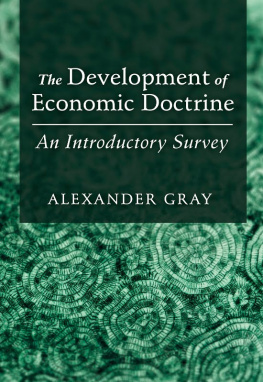
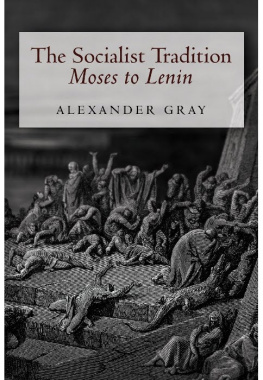
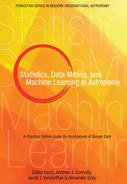


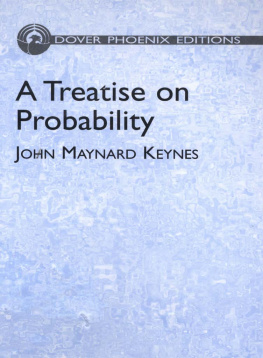


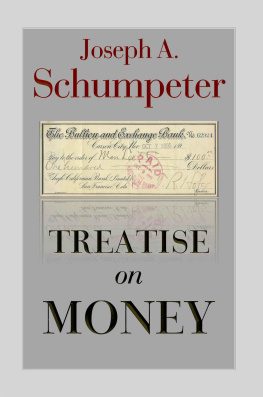
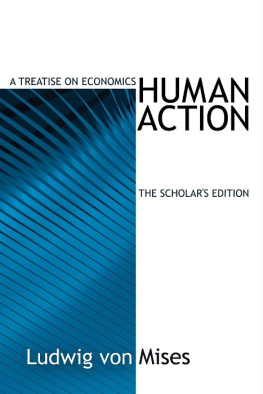




 NEW YORK
NEW YORK  TORONTO
TORONTO